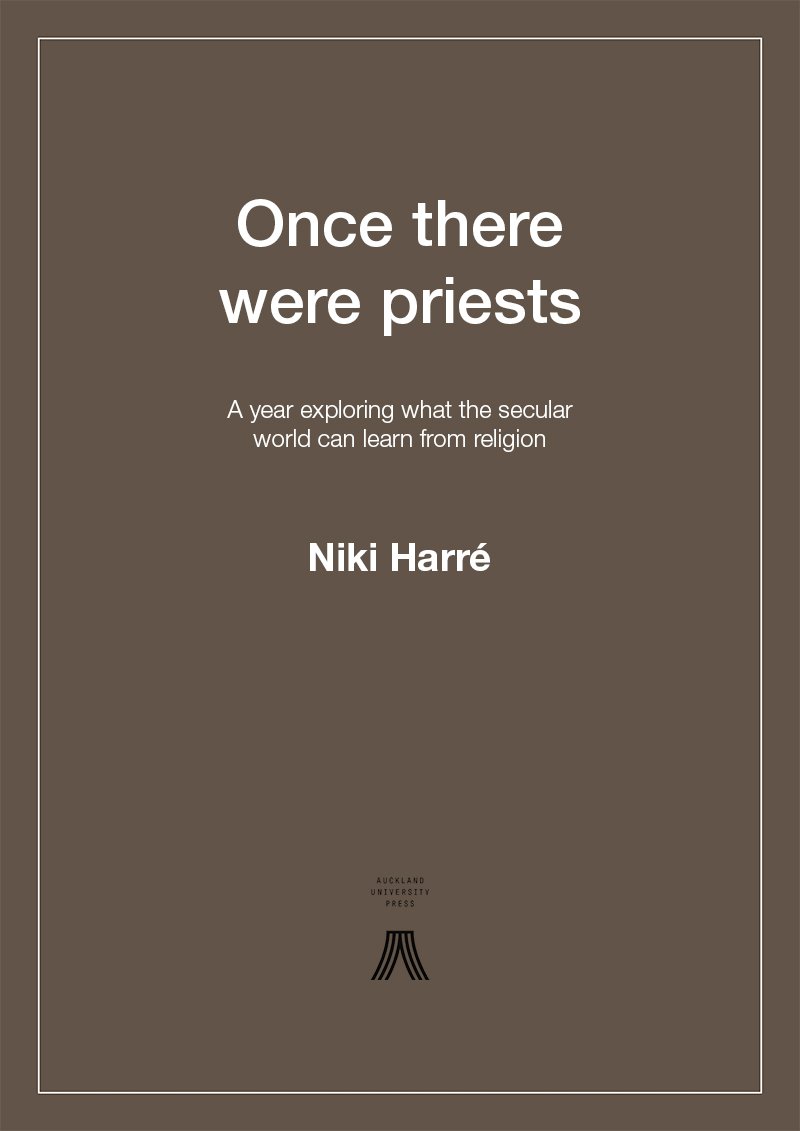Niki Harré is a Professor of Psychology at the University of Auckland. She writes, researches and teaches about civil discourse, values-based practice, the future of universities and living well together on our shared planet.
View Niki’s University profile.
Psychology for a Better World:
Working with People to Save the Planet (Revised and Updated Edition)
Can you save the planet and have some fun along the way? Aimed at the teacher who updates students on the latest climate change negotiations, the conservationist who works to protect endangered species, the office manager who buys fair-trade coffee, or the city counselor who lobbies for cycle lanes, this book is a guide for everyone who is trying to create a more sustainable planet.
Watch the 15 minute Youtube video
Available now from Auckland University Press and Amazon (as both a print book and Kindle edition).
The Infinite Game:
How to Live Well Together
Whether we are competing for a job, building a business or championing a good cause, some days it can feel as if we are trapped in an endless competition for status, wealth or attention. Maybe if we follow the rules carefully enough we’ll come out on top.
But is life really a finite game – a game of selection and rules, winners and losers, players and spectators? Or is an infinite game in which the purpose is to keep what we most deeply value in play and invite others into the game?
Available now from Auckland University Press and Amazon (as both a print book and Kindle edition).
Keeping our values in play: A manual to accompany The Infinite Game and Psychology for a Better World.
Below is a free manual with group exercises designed to illustrate concepts from Psychology for a Better World and The Infinite Game. The exercises have been tried in many different settings including businesses, schools, universities and community organisations.
Once there were priests:
A year exploring what the secular world can learn from religion
Once there were priests is Niki’s forthcoming book, due to be published by Auckland University Press in 2026. It is based on a social experiment that investigated if, and how, it is possible to apply some of the insights and practices from religion in a secular context. It took place in 2021 and had three public elements: services, personal conversations and ceremonies. You can find out more below.




